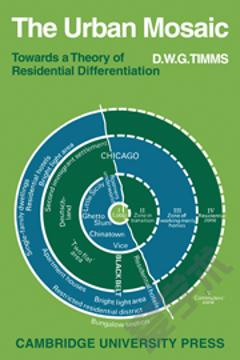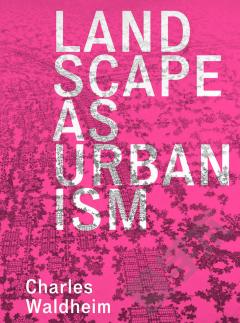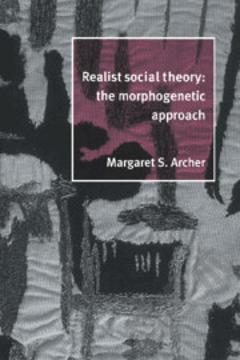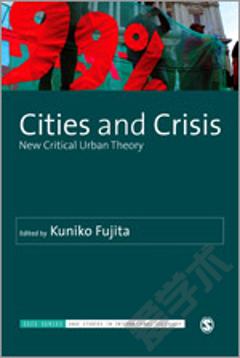The Urban Mosaic: Towards a Theory of Residential Differentiation
The concept of the city as a mosaic of social worlds has achieved wide currency: the residential differentiation of the urban population provides the matrix for much human activity. In this detailed study, the author demonstrates that much of the manifold variation in the social characteristics of populations living in different parts of the city may be summarized in terms of a small number of factors relating to social rank, style of life preferences and ethnicity. Residential and social differentiation are seen as intimately connected. At the individual level, it is suggested that questions relating to social rank, style of life, and ethnicity provide the main framework for the choice of residential location. At the societal level, it is suggested that the variations in the inter-relationship of the basic differentiating factors are a function of modernization. Empirical material is drawn from an number of Australian cities.
{{comment.content}}








 京公网安备 11010802027623号
京公网安备 11010802027623号